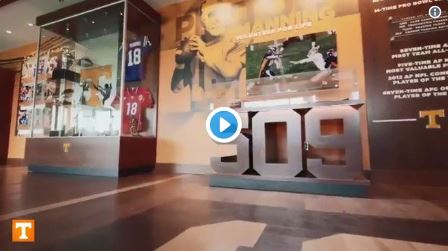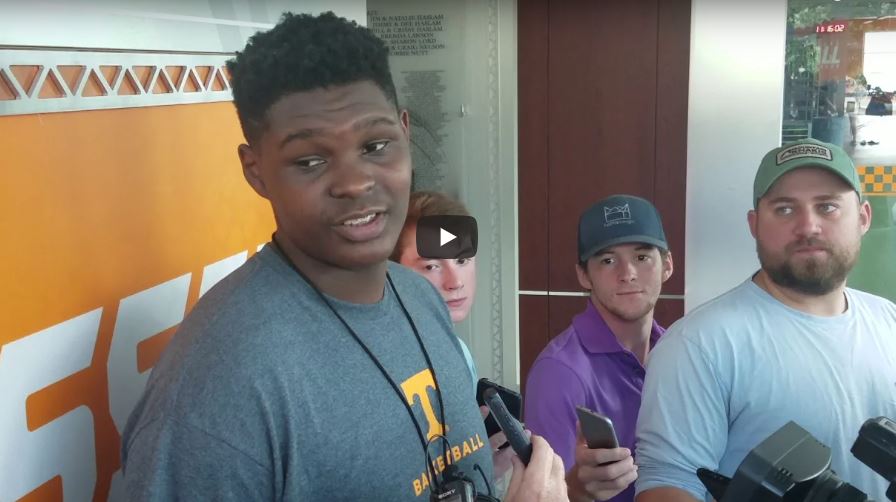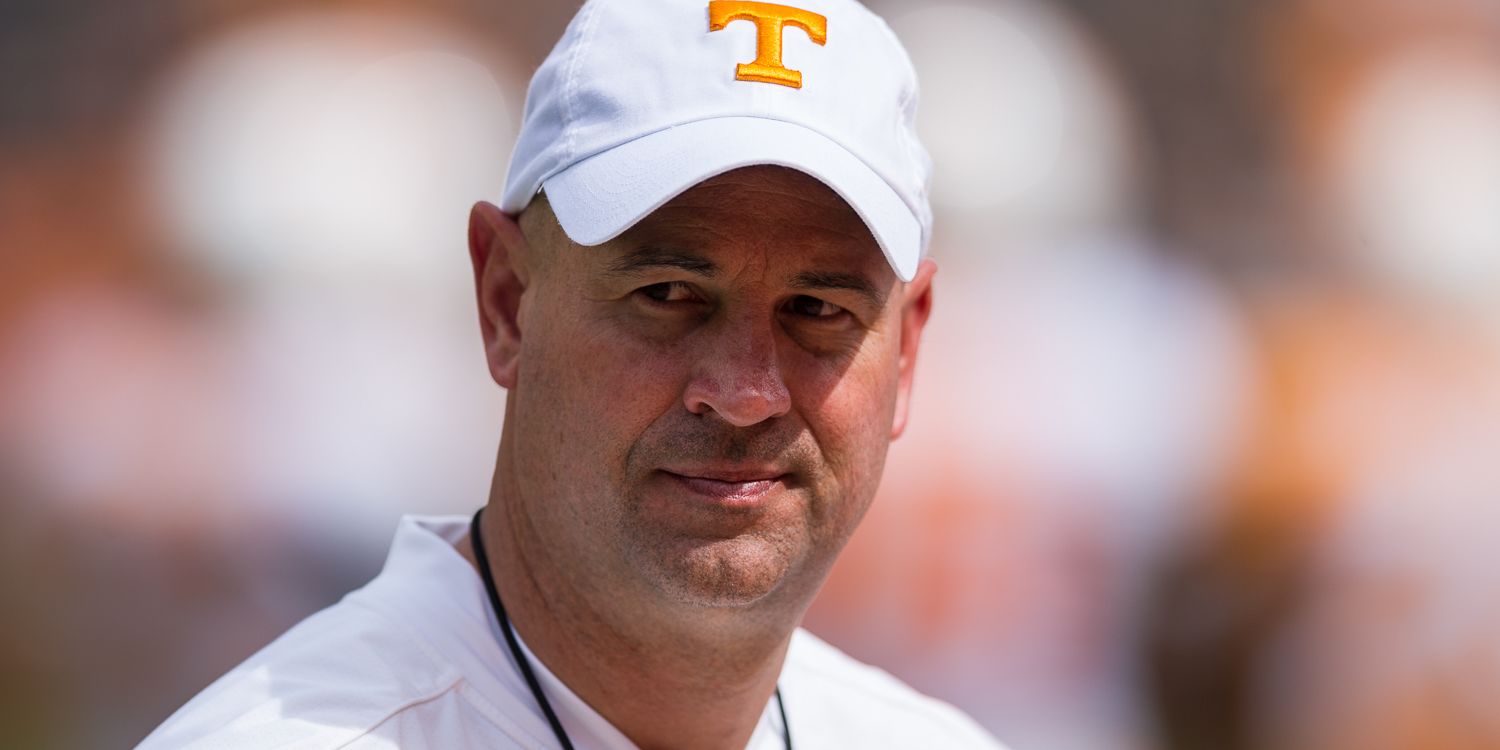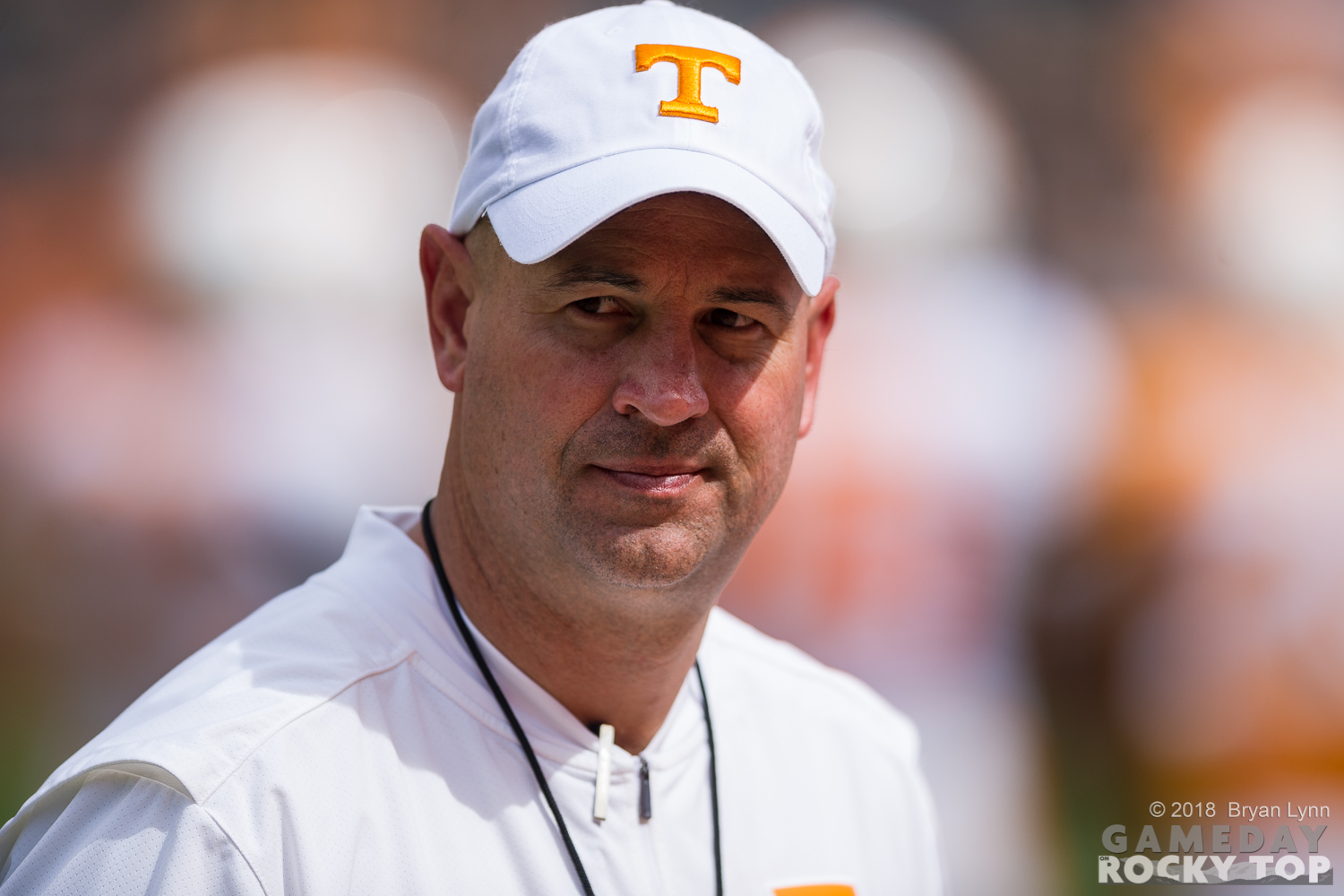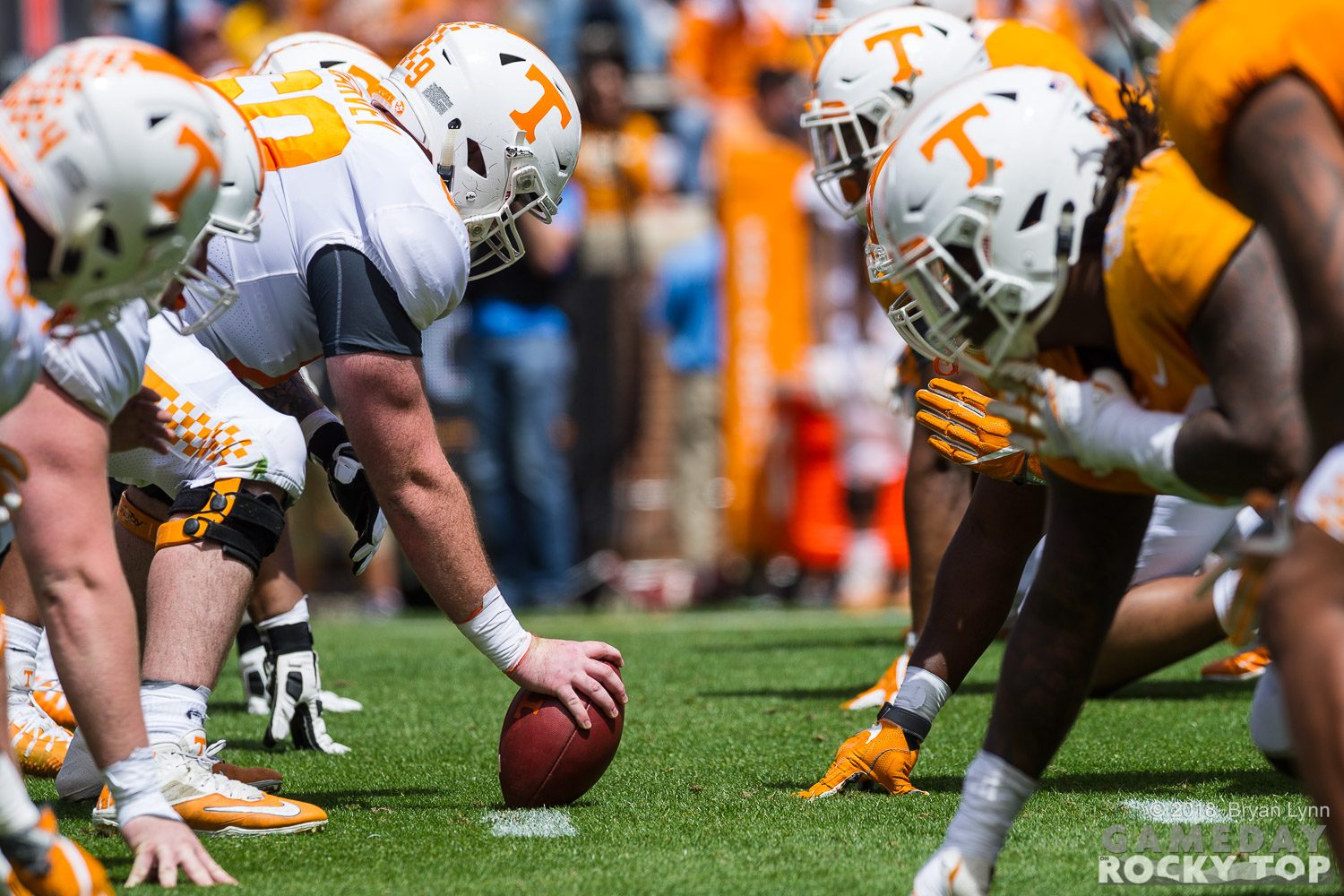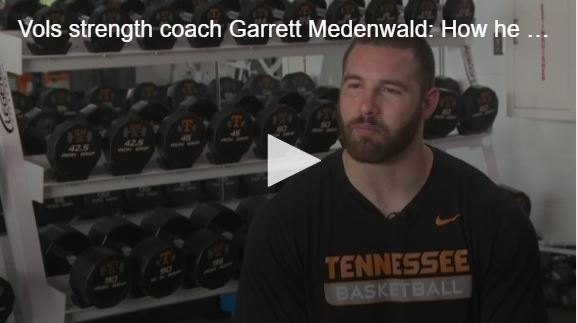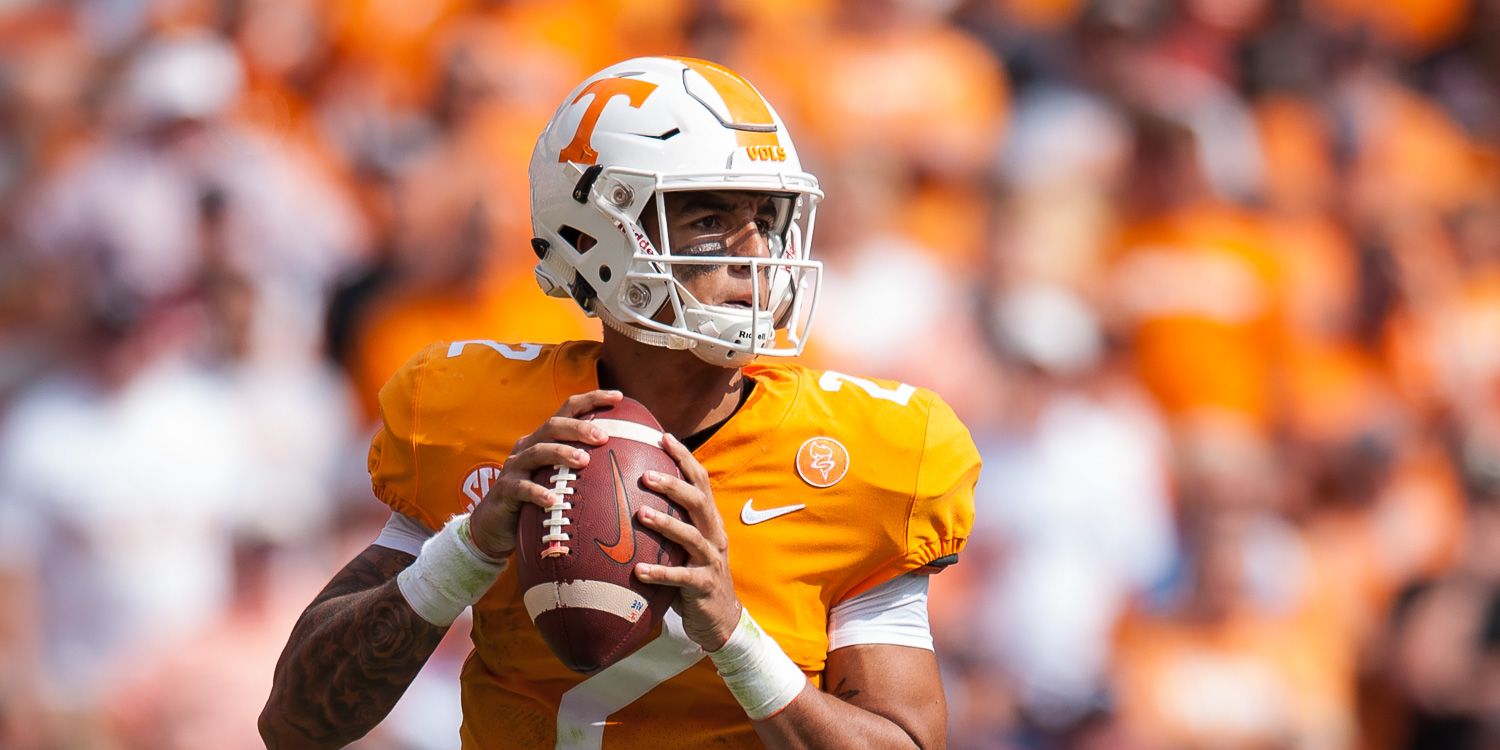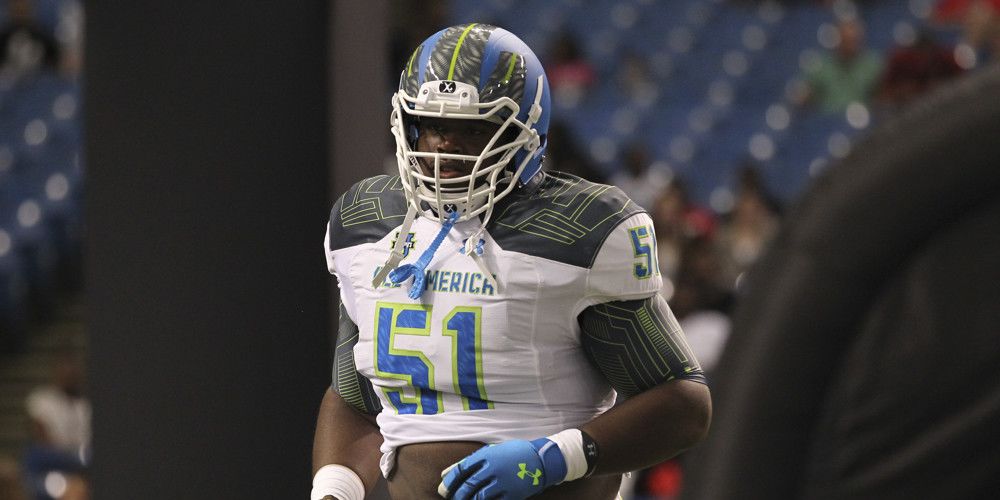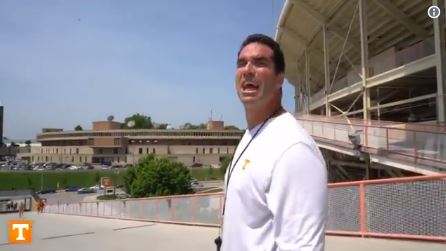The SEC recently relaxed its graduate transfer rule for players wishing to switch schools inside the conference after graduation. It didn’t take long for new Tennessee coach Jeremy Pruitt to capitalize on the rule change.
The first-year coach reached into his old stomping grounds and plucked Alabama center transfer Brandon Kennedy from the Crimson Tide. The former 4-star recruit has the potential to be a huge pickup for the Vols with two seasons left to play. He should step right in and be the favorite to win UT’s starting center gig.
Kennedy was slated to be Alabama’s backup center in 2019, but he wanted to go elsewhere and battle for a starting job. The Vols from the beginning were picked as a probable destination along with rival Auburn. Both of those programs have massive holes along the offensive front, and Kennedy saw an opportunity to make an immediate impact.
That’s hard for anybody to pass up, especially considering the NFL could come calling in a couple of years. In the end, the familiarity of Pruitt and the chance to play for known offensive line coach Will Friend gave Tennessee an advantage.
Once the Tide moved Ross Pierschbacher from left guard to center this spring, it became evident that UA coach Nick Saban had no desire to start Kennedy, so he looked to leave. Saban was against transfers within the SEC, calling it “free agency” at one time, according to SEC Country’s Marq Burnett. He also recently tried to block Kennedy from transferring to Tennessee or Auburn and was ridiculed for it. Then, he said according to SI.com’s Andy Staples:
“If we agree in the SEC in these meetings that we’re going to have free agency in our league and everybody can go wherever they want to go when they graduate and that’s what’s best for the game, then I think that’s what we should do,” Saban said. “Then Brandon Kennedy can go wherever he wants to go. But if we don’t do that, why is it on me?”
Of course, as Mike Griffith points out, Saban has benefitted in the past from “free agency” getting receivers Richard Mullaney (Oregon State) and Gehrig Dieter (Bowling Green), among others. But for all of his talk about wanting what’s best for the student-athlete, it’s smoke if it negatively affects the Crimson Tide.
No matter. His opinion means squat now. Kennedy is going to be a Vol, and that’s huge news for Tennessee, which all of a sudden has some reasons to be excited about a ’19 season that appeared dismal on the surface.
Though there remains a lot of holes, Pruitt has added quarterback Keller Chryst (Stanford), running back Madre London (Michigan State), offensive tackle Jahmir Johnson (JUCO), cornerback Kenneth George (JUCO), tight end Dominick Wood-Anderson (JUCO), outside linebacker Jordan Allen (JUCO), defensive tackle Emmit Gooden (JUCO), and late addition from high school Bryce Thompson, who could play cornerback or wide receiver.
That’s a lot of firepower to add who can step right in and play, and they are part of or in addition to a late-surging recruiting class. The Vols suddenly don’t look like pushovers, even though they still need to play better than expected to make a splash in the SEC East.
As far as the O-line goes, the Vols could surprise. Kennedy should be penciled into the starting rotation, and UT expects to get its best player back this fall if Trey Smith returns from a mysterious illness/injury that kept him out of spring practice. If he continues to progress, Smith will be a massive help. With Johnson being added to the mix along with players who could benefit from Friend’s tutelage such as Ryan Johnson, Drew Richmond, K’Rojhn Calbert, freshman Jerome Carvin, Riley Locklear, Marcus Tatum, Devante Brooks and returning oft-injured tackle Chance Hall. Among those guys, UT could piece together a strong unit, especially if Smith and Kennedy are injected as starters.
This is big news for Tennessee, and it continues to make some important moves under Pruitt. Now, if he can only put everything together, the Vols have some reasons for optimism.
